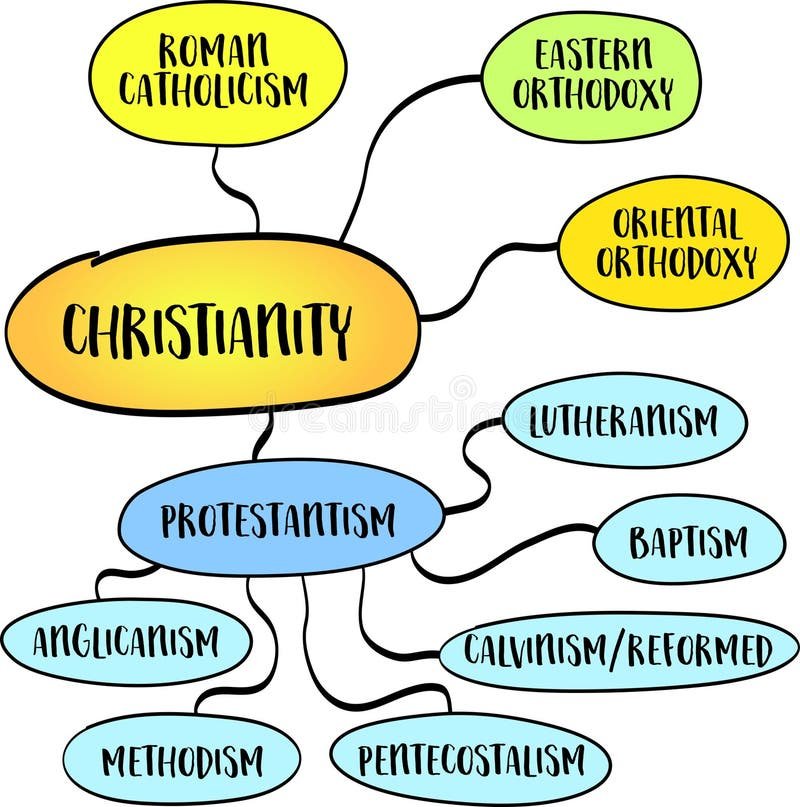Why So Many Interpreted Charlie Kirk’s Death as a Clash of Spiritual Forces
In the two weeks following Charlie Kirk’s death, figures close to the Trump administration and their supporters have vowed to intensify their efforts against liberal organizations. They have increasingly adopted the language of a growing charismatic Christian movement, framing their political agenda as a battle against malevolent forces.
During Kirk’s memorial service, Defense Secretary Pete Hegseth depicted the current situation as a “spiritual war” rather than a purely political or cultural conflict. Similarly, a prominent right-wing influencer urged leaders of various government departments, describing them as divinely sanctioned figures tasked with combating evil. This rhetoric was punctuated by calls to don the “full armor of God” in defense of the nation.
Amid this charged atmosphere, Kirk’s widow, Erika, expressed forgiveness for his killer, echoing the message of Christ by insisting that “the answer to hate is not hate.” Yet, shortly after the tragic event, she too acknowledged that the intensity of the spiritual struggle was tangible.
The Rise of a New Christian Movement
This surge in apocalyptic language reflects the growing influence of a movement often referred to as the New Apostolic Reformation. This group, which had begun to resonate with Kirk before his untimely death, envisions a modern outpouring of the Holy Spirit—a third great awakening marked by new apostles, prophets, and an emerging “army of God.” For its adherents, the battle is real, pitting demonic forces against the divine order, with the ultimate goal of integrating every sector of society under God’s rule.
Proponents of this movement predict an imminent clash where spiritual warfare will manifest in everyday life, giving rise to a generation of believers ready to take up arms in a symbolic, if not literal, war. In the minds of many adherents, such as those who participated in the January 6 events, recent incidents are interpreted as manifestations of a deeper, cosmic battle against evil.
Influential leaders within the movement have already compared Kirk to biblical martyrs, suggesting that his death at a Utah college campus was a deliberate act by sinister forces opposed to divine destiny. They portrayed liberal ideologies as manifestations of demonic influence and depicted Kirk’s detractors as enemies of sacred truth.
The Call to Embrace Spiritual Battle
Some leaders within this movement have urged Christians to reignite a fervent animosity against those perceived as adversaries of faith. Drawing on ancient texts, one Texas pastor insisted that believers must “learn to hate again,” a sentiment underscored by verses calling for retributive indignation against those who oppose the divine.
Theologian Doug Wilson, who heads a network of churches, asserted that the Biblical text reminds believers there is a season for conflict. “This is not the time for love and peace,” he declared, echoing a mood now resonating in congregations nationwide.
In Oklahoma City, a local church leader seized the moment to decry the forces of evil that, he claimed, were swallowing the nation. His address portrayed Kirk as a martyr whose sacrifice symbolized a divine struggle against this malevolence, urging his congregation to stand firm and reclaim what they believed to be their God-ordained destiny.
Shifting the Battlefield: From College Campuses to the Streets
While Charlie Kirk initially rose to prominence through his organization, which mobilized college students for the MAGA cause, he later refocused his efforts with a new venture aimed at engaging followers of charismatic Christianity. At the time of his death, Kirk had embraced a popular concept within the movement known as the “Seven Mountains Mandate,” which calls on Christians to assert dominance over key areas of society including government, education, and business.
Kirk was a vocal advocate for what he termed “biblical citizenship,” arguing against the separation of church and state—a notion he dismissed as a modern invention of secular thought. His rhetoric painted Democratic leaders in harsh terms, declaring that their policies were in direct opposition to divine principles.
Grassroots Reactions and the Perceived Spiritual Conflict
In the days following his death, Kirk’s followers quickly mobilized in various forms. In Oklahoma City, for example, a man named Devin Shipman set up a protest outside a local veterinary clinic after reading inflammatory remarks directed at Kirk online. His actions, which included displaying a large banner conveying his message, attracted attention from passersby and were broadcast live to a wide audience.
Shipman and his companions, armed and resolute, spent hours outside the clinic, interpreting the shutdown of the business that day as a sign of success in their symbolic struggle against evil. Their discussion, filled with references to recent political commentary, underscored their belief that the spiritual conflict is now spilling over into everyday life.
The unfolding events following Kirk’s death illustrate how the interpretation of political violence as a form of spiritual warfare continues to gain traction among grassroots believers. As these ideologies deepen, the lines between civic engagement and spiritual battle grow ever more blurred for many in this movement.

Rockin’ the faith, one verse at a time!
Growing up, the Bible’s stories deeply impacted me. Now, with over 15 years of preaching experience, I blend timeless teachings with modern technology, making them relevant for today’s world.
Bible Hub Verse is my platform to share historical insights and thought-provoking articles, exploring both familiar and uncommon Christian topics. My passion is building a welcoming online space for everyone to learn, grow in their faith, and discover the Bible’s enduring message.
Join the journey!
God bless you.







